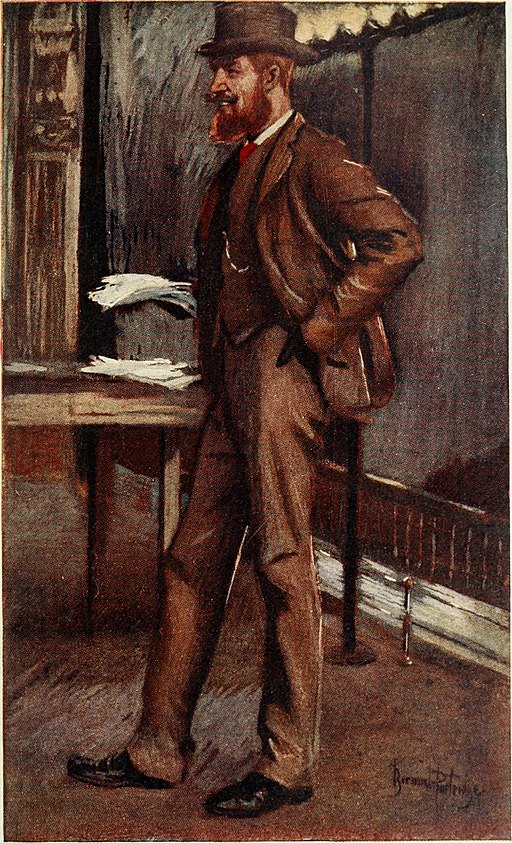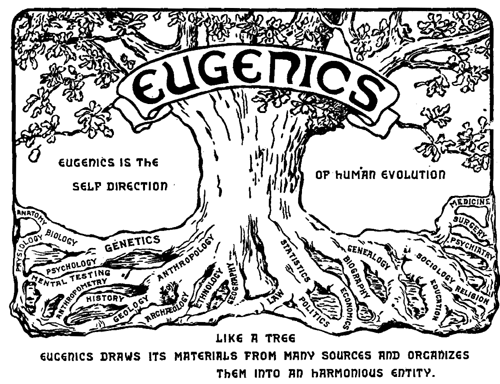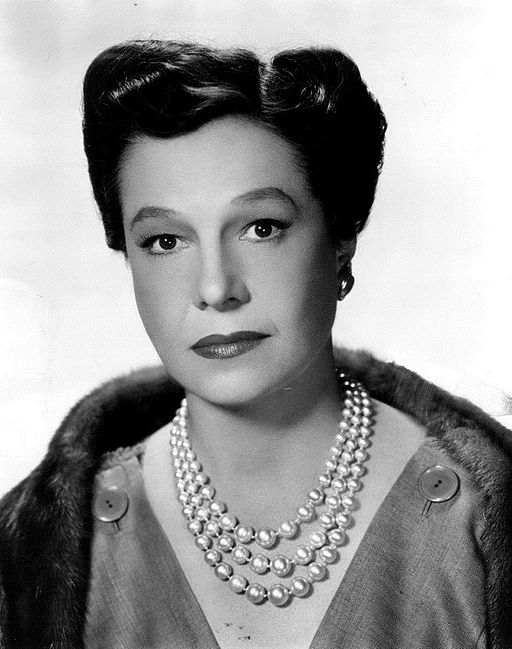Yes, my dear fellow Shavians. It's that time of the year again. The time of the year that, as Shaw put it,
"Christmas is forced upon a reluctant and disgusted nation by the shopkeepers and the press; on its own merits it would wither and shrivel in the fiery breath of universal hatred."
Needless to say, as many others will point out to you, Christmas as a manifestation of greed, moral corruption and consumerism is also despised by many Christians.
But this blog is solely concerned with sourcing quotations, and that's what we're going to do. The bad-tempered remark above is to be found in an article published in the Saturday Review (1 January 1898), entitled "Peace and Goodwill to Managers." The article is included in Vol. III of The Drama Observed, 1897-1911, as well as in Shaw's Dramatic Criticism from the Saturday Review, 1895-1898 and Dramatic Opinions and Essays (Vol. II), this one available online.
The "rant" against Christmas that opens the article is, in fact, a little longer than the quotation above. It reads:
"I am sorry to have to introduce the subject of Christmas in these articles. It is an indecent subject; a cruel, gluttonous subject; a drunken, disorderly subject; a wasteful, disastrous subject; a wicked, cadging, lying, filthy, blasphemous, and demoralizing subject. Christmas is forced on a reluctant and disgusted nation by the shopkeepers and the press: on its own merits it would wither and shrivel in the fiery breath of universal hatred; and anyone who looked back to it would be turned into a pillar of greasy sausages."
This quotation has been used by some authors to illustrate Shaw's well-known dislike for Christmas and the celebrations it conventionally involves. For example, Hesketh Pearson quotes this passage in two of his biographical volumes: G.B.S.: A Full Length Portrait (p. 146) and Bernard Shaw: A Biography (p. 176).
This, of course, is not the only passage by Shaw where one gets an idea of how much he truly "hated" Christmas. Some are even harsher, like the fragment from one of his pieces of music criticism (Music in London, 1890-94 Vol. III, p. 113. 20 December 1893):
"Like all intelligent people, I greatly dislike Christmas. It revolts me to see a whole nation refrain from music for weeks together in order that every man may rifle his neighbour's pockets under cover of a ghastly general pretence of festivity. It is really an atrocious institution, this Christmas.
We must be gluttonous because it is Christmas. We must be drunken because it is Christmas. We must be insincerely generous; we must buy things that nobody wants, and give them to people we don't like; we must go to absurd entertainments, that make even our little children satirical; we must writhe under venal officiousness from legions of freebooters, all because it is Christmas - that is, because the mass of the population, including the all powerful middle class tradesmen, depend on a week of licence and brigandage, waste and intemperance to clear off its outstanding liabilities at the end of the year. As for me, I shall fly from it all tomorrow or next day to some remote spot miles from a shop, where nothing worse can befall me than a serenade from a few peasants, or some equally harmless survival of medieval mummery, shyly proffered, not advertised, moderate in its expectations, and soon over. In town there is, for the moment, nothing for me or any honest man to do."
But all Shaw quotations are not quite complete without their share of anti-climax. However, since the author does not supply the anti-climax this time, I guess circumstances will. That is the only explanation I find for The Bernard Shaw Christmas Flea Market, of course.





















